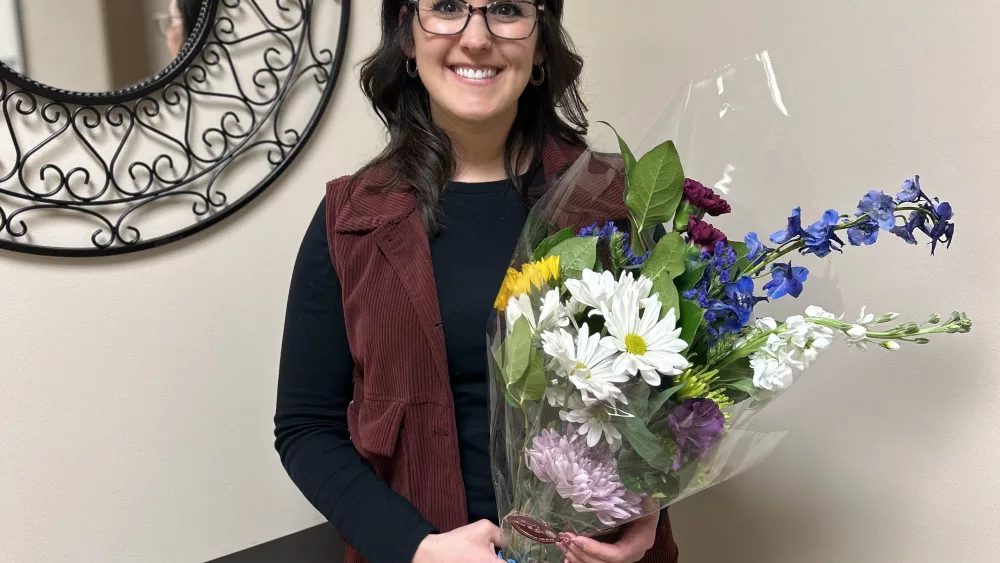Gov. Tony Evers today announced a grant program funded by the federal Coronavirus Aid, Relief, and Economic Security (CARES) Act. Totaling $100 million dollars, the funding will support providers most at-risk for financial hardship during the COVID-19 pandemic. The providers targeted for financial assistance include emergency medical services, home and community-based services, and long-term care providers such as skilled nursing facilities and assisted living facilities.
“We recognize the significant burden the COVID-19 response has placed on these providers,” said Gov. Evers. “We also recognize the integral role they play in ensuring the health and safety of some of our most vulnerable Wisconsinites and we want to support their efforts during this pandemic.”
The program will be administered in two parts: an initial release of funds to support immediate needs, and a second, targeted release for additional needs of individual providers. Both rounds of funding will be allocated to support expenses directly related to COVID-19 as well as expenses associated with the interruption of typical operations, such as overtime pay, changes to sanitation procedures, and disruption to the standard delivery of care. Emergency Medical Service providers have been on the frontlines in their communities responding to COVID-19. Long-term care facilities and home and community-based service providers are ensuring the elderly and people with disabilities can stay healthy and safe in their own homes and communities. These providers are experiencing significant challenges as pandemic-related expenses like purchasing necessary PPE and retaining workers have increased operating costs. This funding will make it possible for this network to continue providing their essential services, protecting many of those most at risk from the virus. “These providers need this additional funding to maintain patient care of the highest quality,” said Department of Health Services Secretary-designee Andrea Palm. “The services they provide save lives on a daily basis, and that is especially true during this pandemic.”







